Hiker Trash And The Pacific Crest Trail Glossary
As with the abundance of acronyms associated with the Pacific Crest Trail, an entirely new collection of words also joins the thru-hiker’s vocabulary.
As someone new to thru-hiking, I wondered what many of these things meant and whether or not I should expose my ignorance by asking the ever-present question, “Wait, so…what exactly does that mean?”
Thankfully, after months out in the wilderness, I have unraveled the mysteries of thru-hiking jargon, and I will now share said knowledge with you all.
The PCT Glossary
Angeling verb: the act of providing unsolicited help to hikers; being a “trail angel“
Banana Blaze: verb: the act of hiking more quickly than you would otherwise hike to catch up to a male love interest; to hike according to the schedule of a male hiker
Base Weight: noun: the total weight of your fully loaded backpack before adding consumables (food, water, fuel, etc.)
Blue Blaze: verb: the act of using watercraft and waterways to complete a section of trail (e.g., taking a boat across a lake)
Bounce Box: noun: a single box or container containing extra gear, equipment, food, or other supplies that hikers repeatedly send ahead to resupply stops to avoid carrying the contents in their pack
Cache: noun: a supply of food, water, or otherwise useful items left out for hikers
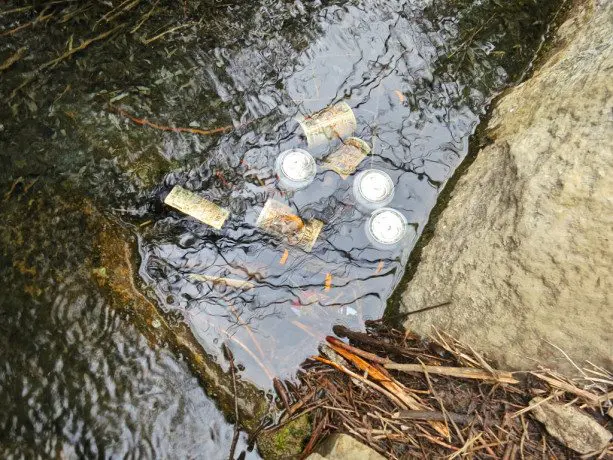
Cairn: noun: a manmade stack of stones indicating where the trail continues
Camel Up: verb: the act of drinking a lot of water at once to quickly hydrate and delay the need to drink water again
Cat Hole: noun: a hole dug for the express purpose of pooping in
Cowboy Camp: verb: the act of sleeping without a tent or shelter; sleeping under the stars
Day Hiker: noun: a person who is only hiking for a day (the lowest level of hiker)
Dry Camp: verb: the act of camping without a water source nearby
Fastest Known Time (FKT): noun: the (speed) record for a trail; this can be either supported, unsupported, or self-supported.
Flip-flop: verb: the act of skipping a section of trail with the intention of returning to the skipped section and hiking it at a later date (typically in the opposite direction of their initial approach)
Floaties: noun: any item found in your water after filling up (it’s usually poop)
Giardia: noun (g-ARE-d-ah): a parasite that colonizes and reproduces in the small intestine, causing violent diarrhea, excess gas, stomach or abdominal cramps, upset stomach, and nausea
Glissade: verb: the act of sliding down a snow or ice-covered hill (on one’s feet or butt) as a means of shortcutting the trail and having an incredible time
HEET: noun: a commonly available gas-line antifreeze and water remover that hikers burn as fuel for their stoves
Hiker Box: noun: a supply of food, gear, or any other item left behind by hikers for use by future hikers (usually found in post offices, motels, and trail angel houses)
Hiker Hunger: noun: a feeling of insatiable hunger brought on by repeated days of hiking and a limited food supply (see more here)
Hiker Legs: noun: the rock-solid pieces of muscle mass developed by hikers following continuous weeks of nonstop hiking (see more here)
Hiker Midnight: noun: although it is hotly debated, hiker midnight is said to be 9 PM (aka when it is dark)
Hiker Trash: noun: a word used to describe thru-hikers – typically characterized by an offensive odor and a grungy beard (regardless of sex), frequently looking for beer, wi-fi, and electrical outlets

Kick-Off: noun: refers to an event taking place each year in Southern California when many hikers begin their PCT thru-hike; also known as the ADZPCTKO (note that the ADZPCTKO is no longer an annual event)
LASH: noun: An acronym that stands for Long Ass Section Hike
Near-o: noun: a day where very few miles are hiked – no definite measure exists, but it can usually be measured as 25% or less than your daily average
PCTer: noun: a name for a hiker of the Pacific Crest Trail
PCTing: verb: the act of hiking the Pacific Crest Trail
Pink Blaze: verb the act of hiking more quickly than you would otherwise hike to catch up to a female love interest; to hike according to the schedule of a female hiker
Puffy: noun: a name for a down jacket
Purist: noun: someone who believes that every single mile of the official trail should be hiked unbroken for a hike to be considered a thru-hike – probably an asshole (more on this here)
Register: noun: a logbook, piece of paper, or otherwise inscribable object used for documenting a hiker’s passing of a point on the trail.
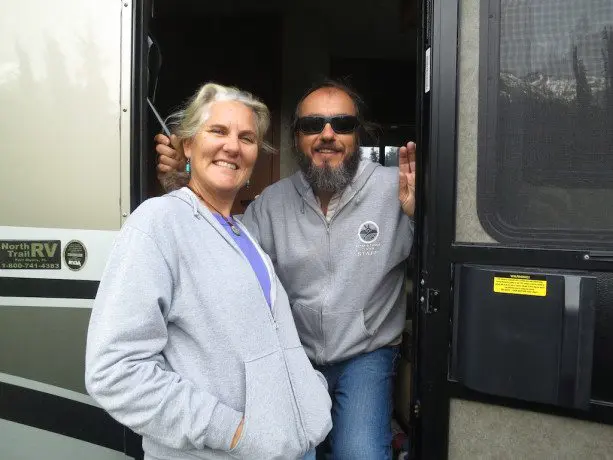
Section Hiker: noun: a person who is hiking a portion of a trail but does not intend on thru-hiking
Shelter: noun: refers to a person’s tarp, tent, or cover; a fixed structure on the trail that can be used by hikers for escaping the elements
Skipping: verb: the act of missing a section of trail (usually without the intention of flip-flopping)
Slack Pack: verb: the act of carrying less than your entire pack by way of stashing gear for an out-and-back detour or using a third party to carry your gear ahead for you
Stealth Camp: verb: the act of camping with the intent of not being found by anyone else (authoritative or otherwise)
Supported Thru-hike: noun: A hike of the trail that involves the assistance of others i.e., someone meeting a hiker along the trail with supplies; Supported: adjective
Thirties: noun: describes days where more than 30 miles, but fewer than 40 miles are hiked
Trail Angel: noun: a person who performs acts of trail magic and assists hikers expecting nothing in return, monetary or otherwise (see more here)
Trail Days: noun: a yearly weekend-long event held in Cascade Locks, Oregon, for Pacific Crest Trail hikers, usually during the first two weeks of September
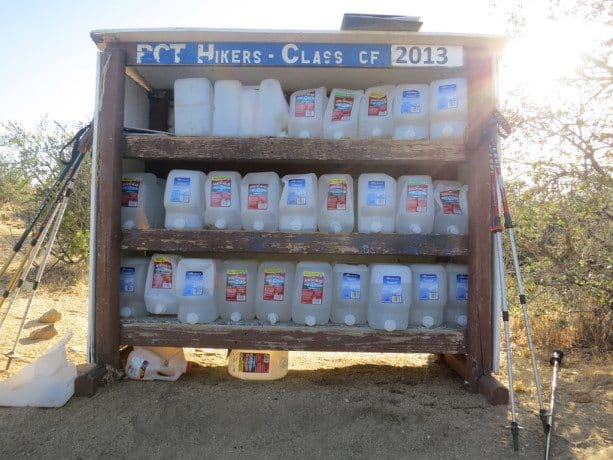
Trail Magic: noun: an unexpected act of kindness on the trail – can manifest itself in the form of a cache, the appearance of a trail angel, or otherwise awesome occurrence (see more here)
Triple Crowner: noun: a person who has completed a thru-hike of the Pacific Crest Trail, Continental Divide Trail, and the Appalachian Trail
Twenties: noun: describes days where more than 20 miles but fewer than 30 miles are hiked
Unsupported Thru-hike: noun: A hike of the trail that does not involve the assistance of others i.e., the hiker is completely self-sufficient; Unsupported: adjective
Vitamin I: noun: another name for ibuprofen
Vortex: noun: a place, group, or thing that “sucks” hikers off the trail and contributes to diminishing mileage
Weekend Warrior: noun: a hiker escaping the 9-5 grind by taking two nights out in the wilderness (between a day and section hiker)
Yellow Blaze: verb: the act of soliciting rides as a means of skipping sections of trail
Yo-yo: verb: the act of hiking the entirety of the trail and then turning around and hiking it again in the opposite direction
Yogi: verb: the act of cleverly soliciting food, drink, rides, or otherwise useful things from unsuspecting strangers you meet along the trail
Zero: noun: a day when no miles are hiked (see more here)
Any questions? Something to add? Comment below and leave your contribution in the greatest hiking lexicon on the internet.
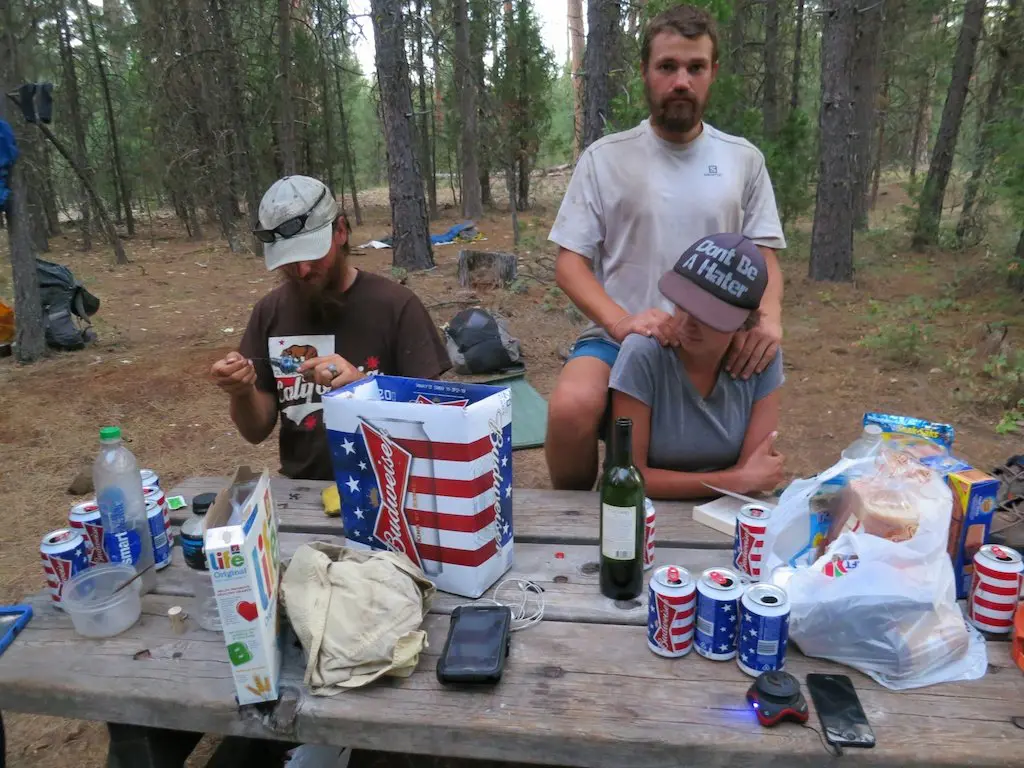
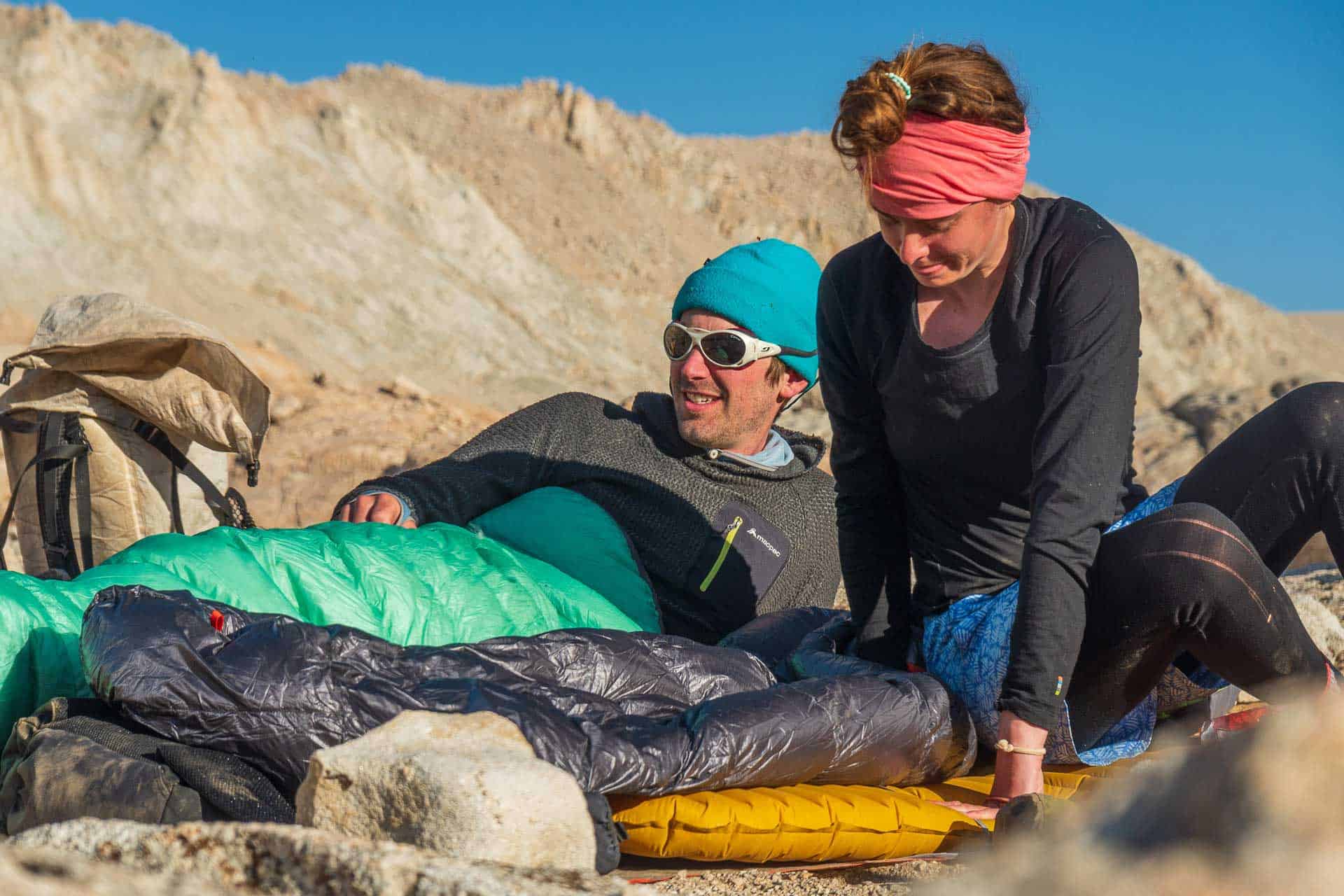
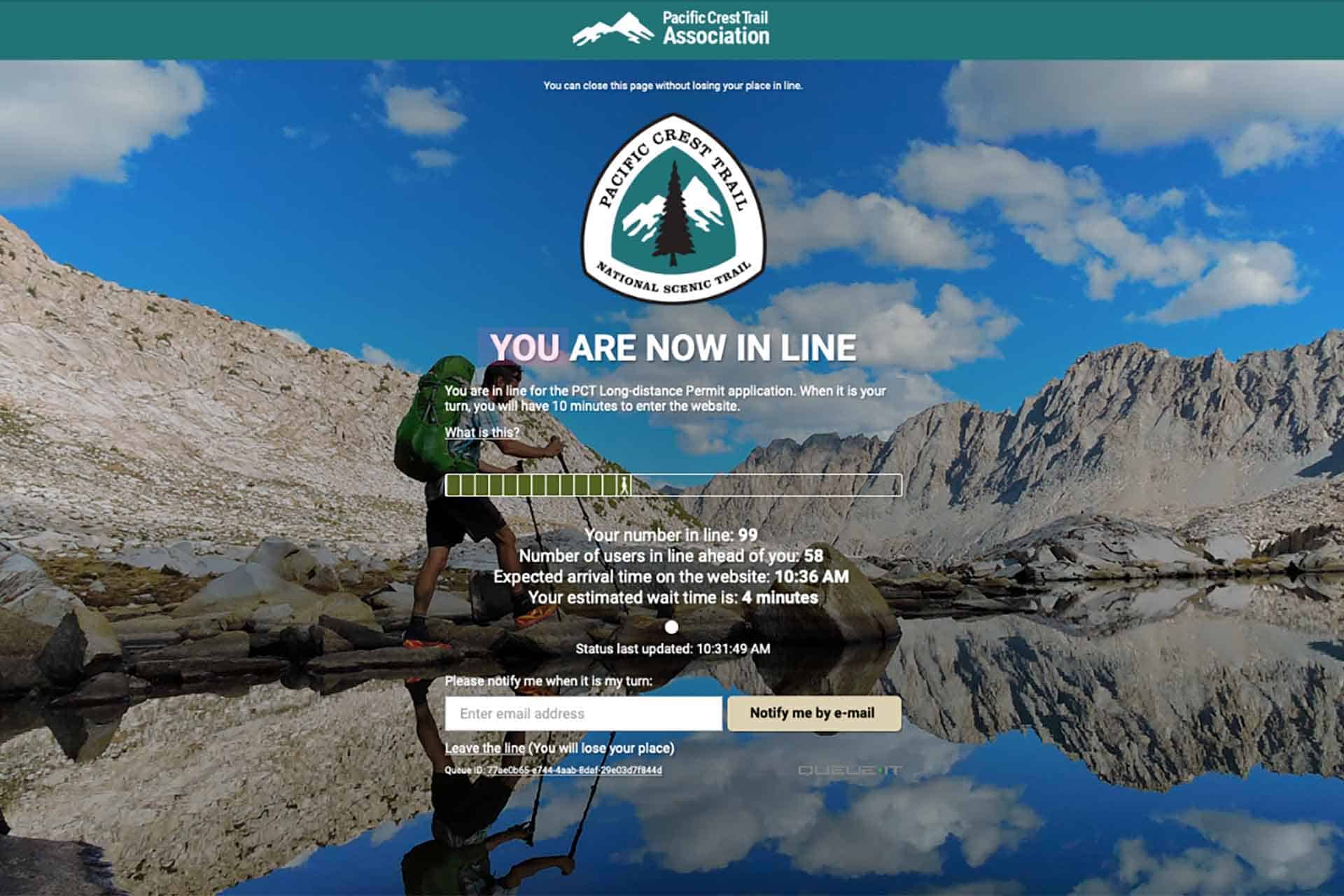

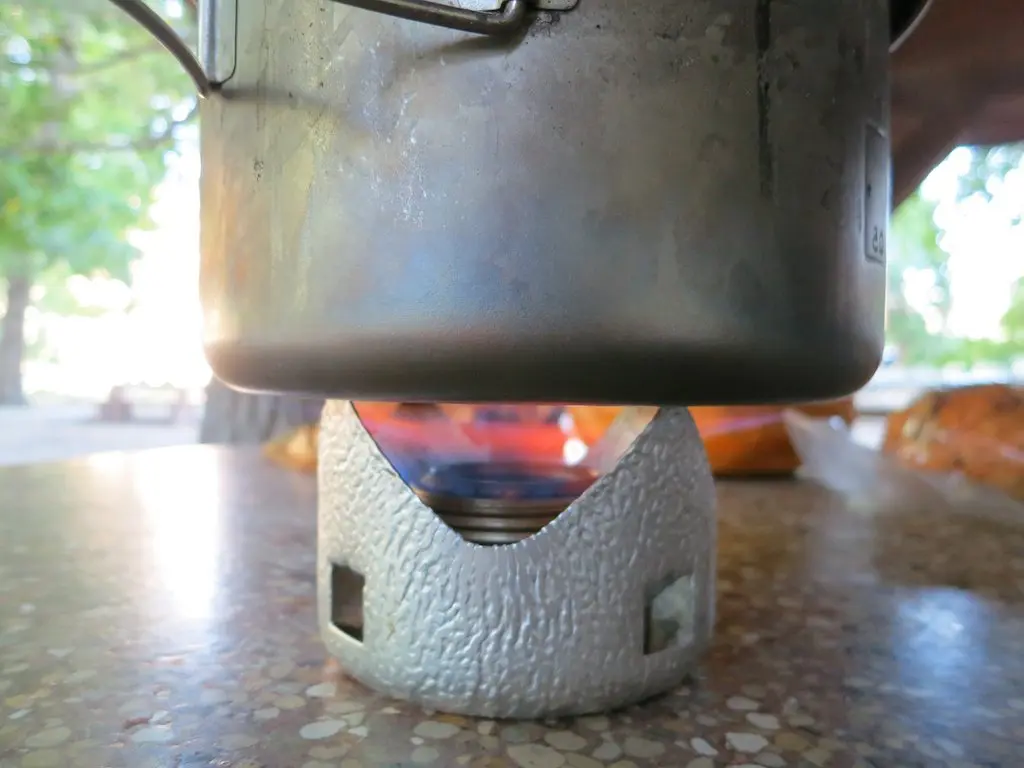
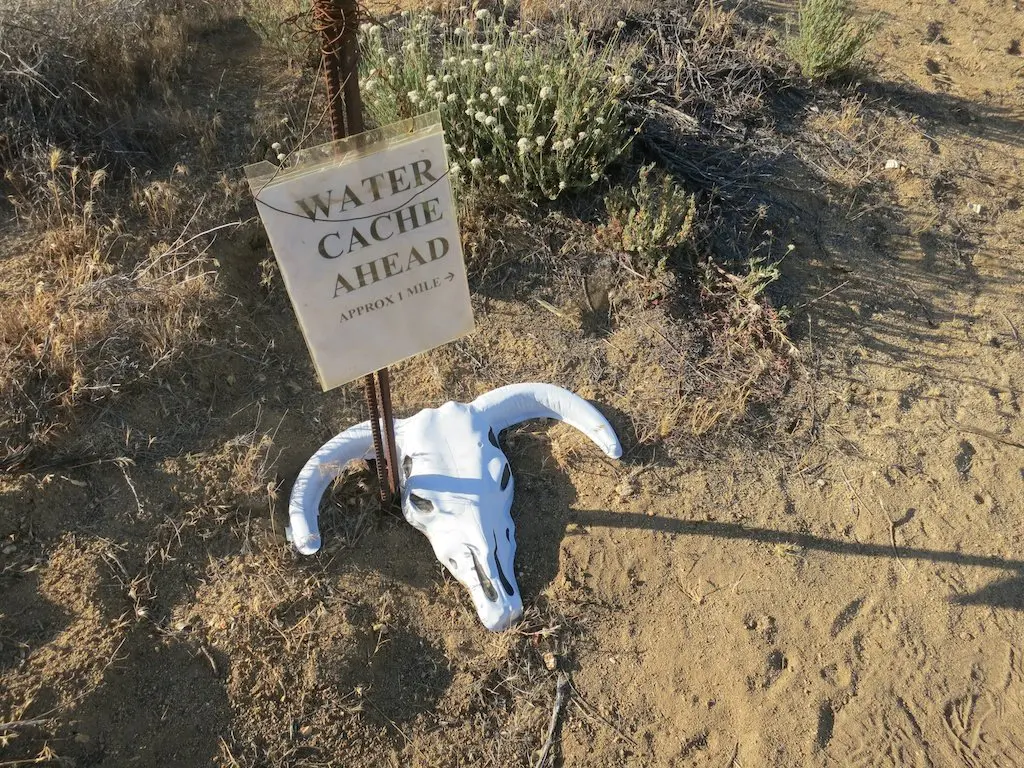

LASH – Long Ass Section Hike
Good call!
How did you define “Fitness Level”?
I need more context for this question?
Are you the person who conducted and posted the surveys??
If you are and you’ve forgotten, then your surveys use some undefined “fitness level” as delineated by an also undefined number – I think 1 through 5. I believe the survey question was about the level of fitness at which a thru hiker began the trail. The results pointed, overall, to the desire to have begun at a higher “fitness level”.
Thanks,
MM
Yes, I ask people to self-report their level of fitness on a scale of 1-10 at the start of their hikes. Are you asking what the definition of fitness level is?
Of course! My original question was, “How do you define ‘Fitness Level'”. For example, is a 1 equal to hiking/jogging < 15 miles/week without a pack and a 10 equal to hiking > 30 miles/week with a 20+ pound pack + an overnighter every 3 weeks – or something like that? There must have been some guidelines for self-reporting something as subjective at fitness level.
Just a scale of 1 (lazy, waste of life) to 10 (god-like superhuman).
I would add banana-blazing to the list
This is an excellent suggestion.
Have you run into the term “quiver,” as in “boots still have a firm spot in our backpacking quiver”? I’m pretty sure it’s not the verb or the archery equipment. From context, it might be something like “arsenal,” “preferred catalog,” or “bunch of stuff we like;” but context has been know to lead me far astray. Thanks for any light you can shed on this.
I have never heard anyone use that word in that context, nor have I myself ever used it as such.
Just want to say as an avid traveller and hiker – I despise most travel blogs as they are generally written to be cringeworthy – but what you have created here is really great and you hvae inspired me to throughhike the PCT for instance…muito obrigado!!!
De nada, amigão!
I hiked from Campo to Yosemite in 2012, and so much of the trail was unmarked or erroded so I nicknamed it: PCT-Public Confusion Trail or Piss, Crap & Toilet Paper
I’m not sure that name has caught on.
HYOH – Hike Your Own Hike
Took care of the acronyms elsewhere: https://www.halfwayanywhere.com/pacific-crest-trail/8-ridiculous-pct-acronyms-to-learn/
Bounce Box.
AYCE.
What an egregious omission – content updated!
And “resupply” and “mail drop”
“AYCE Buffet” (pronounced “Ace Buff-ette”) may have been an inside joke within the group I hiked.
It’s a good list! :-)